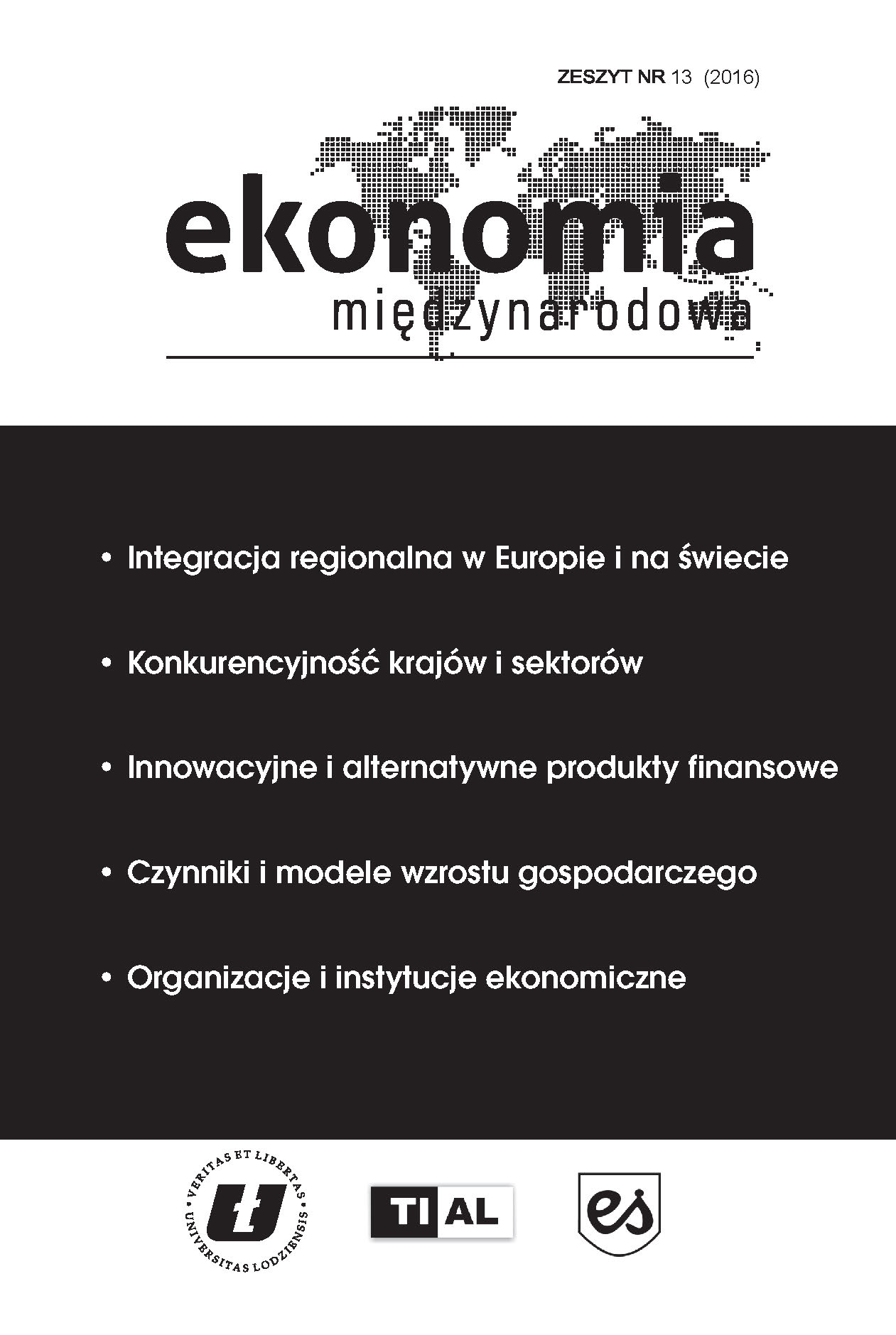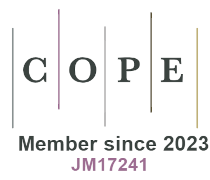The costs of resource-led development. An analysis of the economic impact of the oil extraction boom in Colombia
DOI:
https://doi.org/10.18778/2082-4440.13.06Keywords:
Colombia, mineral resources, Dutch disease, oil, development, national oil companies, EcopetrolAbstract
Oil-rich countries often face negative consequences of natural resources-led development on their overall economic performance. One of the reasons is that a country’s rising extraction rates frequently lead to various changes in its public policy and revenue management. Colombia has spectacularly increased its oil production by almost 500,000 barrels per day (bpd) in ten years, which was the effect principally of the implementation of strongly market-oriented petroleum policies in 2003. It is now the fourth largest crude producer in Latin America, registering nearly ten times more export sales than at the end of the 20th century. The economic effects of the oil-boom are already visible, which has created many new challenges the government must face in order to ensure sustainable development in the country, and to be able to mitigate the impact of the recently dropping world oil prices. The purpose of the article is to present the latest findings on the impact of the oil sector development on the Colombian economy in the 21st century, focusing especially on the current situation.
References
ACIPET/ALIP, Historia del Petróleo en Colombia, Asociación Latinoamericana de la Industria del Petróleo, Bogota, www.alip.org/docs/Historias/breve_historia_petrolera_colombia.pdf.pdf.
Google Scholar
ACP, Asociación Colombiana del Petróleo (2014, December), Balance de 2014 y perspectivas de inversión 2015, Bogota, www.acp.com.co/images/home/noticias/industria_hidrocarburos_comprometida_colombia/encuesta_ambiente_inversion.pdf.
Google Scholar
Asociación Colombiana del Petróleo, www.acp.com.co.
Google Scholar
Bloomberg Business, Energy prices, www.bloomberg.com/energy.
Google Scholar
Bradley Jr. Robert L. “Resourceship: An Austrian theory of mineral resources”, The Review of Austrian Economics, March 2007, Vol. 20, Issue 1, pp 63–90. http://instituteforenergyresearch.org/media/pdf/1.pdf.
Google Scholar
Cano C.G. (2013), La enfermedad holandesa en Colombia: síntomas, causas y tratamiento, presentation made during ANALDEX: II Encuentro logístico e industrial del Caribe, Santa Marta, www.banrep.gov.co/sites/default/files/publicaciones/archivos/cgc_may_2013_4.pdf.
Google Scholar
Cárdenas M. (2013), Colombia: reforma al sistema general de regalías, Ministerio de Hacienda y Crédito Público, Bogota, www.irc.gov.co/irc/es/publicacionesespecialesaudio/ppt%20reforma%20al%20sistema%20gral%20de%20regalias.pdf.
Google Scholar
Humphreys M., Sachs J.D., Stiglitz J.E. (2007), Escaping the Resource Curse, Columbia University Press, New York.
Google Scholar
Law 1739, December 23, 2014, Ministry of Finance and Public Credit, Republic of Colombia, Bogota, http://wp.presidencia.gov.co/sitios/normativa/leyes/Documents/LEY%201739%20DEL%2023%20DE%20DICIEMBRE%20DE%202014.pdf.
Google Scholar
Lax, H. L. (1988). States and Companies: Political Risks in the International Oil Industry, Praeger, New York.
Google Scholar
López E., Montes E., Garavito A., Collazos M.M. (2012), La economía petrolera en Colombia (Parte I). Marco legal – contractual y principales eslabones de la cadena de producción (1920–2010), Borradores de Economía, Banco de la República, Bogota, No. 692.
Google Scholar
Perry, G., Oliveira, M. (2009). El impacto del petróleo y la minería en el desarrollo regional y local en Colombia, Working Papers, CAF Banco de Desarrollo de América Latina, Caracas, No. 2009/06, www.caf.com/media/3234/200906 Elimpactodelpetr%C3%B3leoylaminer%C3%ADa-versi%C3%B3nworkingpaperCAF-Ed.MauricioOlivera.pdf.
Google Scholar
Sistema de Información de Petróleo y Gas Colombiano, Estadísticas, www.sipg.gov.co.
Google Scholar
Tordo S., Tracy B.S., Arfaa N. (2011), National Oil Companies and Value Creation, World Bank Working Paper, The World Bank, Washington, No. 218.
Google Scholar
Tye A. (2013), The Rebirth of the Colombian Oil Industry, Perspectives on Business and Economics, Lehigh University, Bethlehem, No. 31.
Google Scholar
UNDP (2014), Colombia frente a una destorcida en los precios del petróleo, Cuadernos PNUD.
Google Scholar
Viscidi L., Ramírez J.M., Mejía Vergnaud A. (2014, July 3), How Should Colombia Handle Oil and Mining Revenues? Latin American Advisor, Inter-American Dialogue, Washington, http://thedialogue.org/page.cfm?pageID=32&pubID=3635&s=colombia.
Google Scholar
World Bank (2007), Contracts for Petroleum Development – Part 2, No. 8 Petroleum Sector Briefing Note, No. 8, www.siteresources.worldbank.org/INTOGMC/Resources/cambodia_oil_gas_newsletter_8.pdf.
Google Scholar
Downloads
Published
How to Cite
Issue
Section
License

This work is licensed under a Creative Commons Attribution-NonCommercial-NoDerivatives 4.0 International License.









